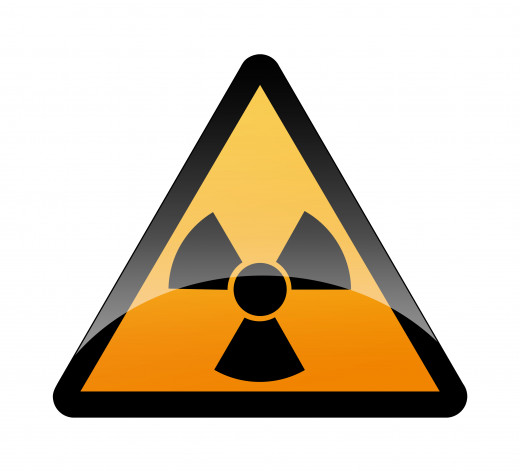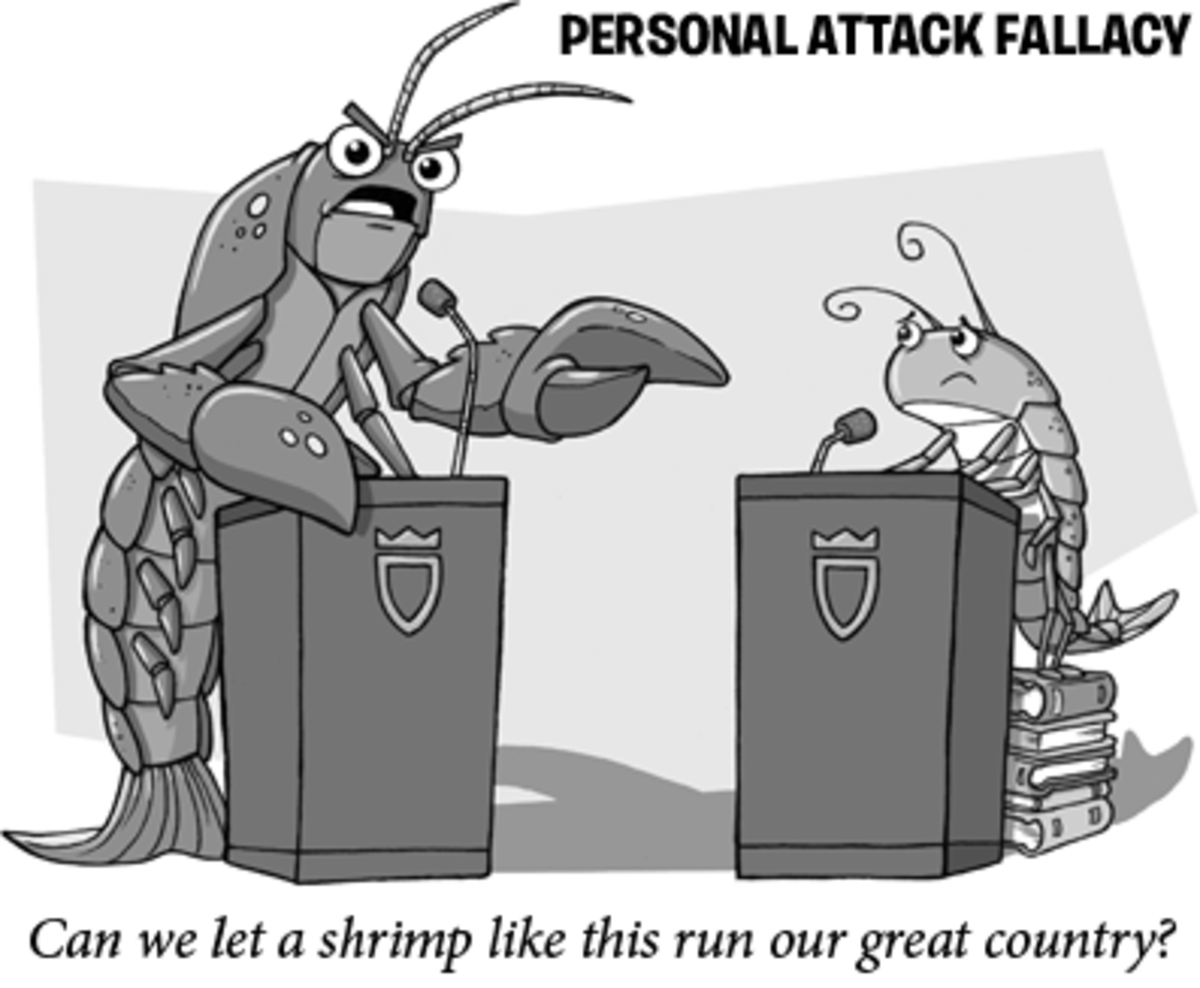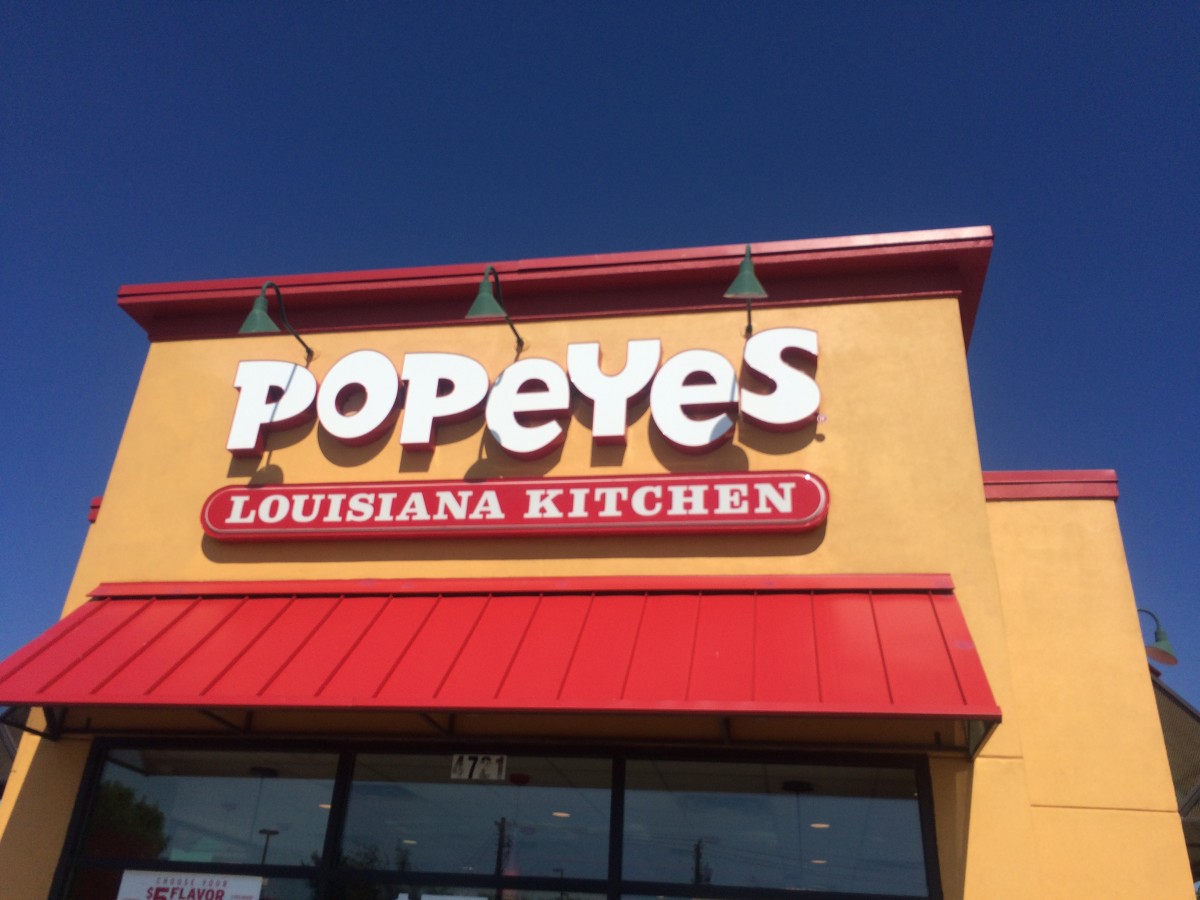Yelp Fake Reviews - America's Most Wanted

Enough Already
In the past, I have written articles that singled-out Yelp and their flawed business concepts and regulations, but now I wish to address internet advertising and reviews as a whole. The New York Times just released a story on combating fake reviews, and I feel it is my duty as a conscientious, objective reporter, to give the public my view on the topic.
My opinion, is that this investigation is just one more colossal, ridiculous, ineffective, idiotic, waste of time and money.
According to the attorney general for New York, Eric Schneiderman, “What we’ve found is even worse than old-fashioned false advertising. When you look at a billboard, you can tell it’s a paid advertisement - but on Yelp or Citysearch, you assume you’re reading authentic consumer opinions, making this practice even more deceiving." "Sadly, it will take continued policing, both by law enforcement and the review sites themselves, to make sure some businesses stop lying to customers they claim to serve.” Ref. New York Times - Business Day - Technology - 9/23/13.
Mr. Schneiderman's statement came after a year-long investigation which uncovered duplicity within 19 companies in the New York area. These outed companies were subsequently ordered to pay a total of $350,000 in penalties, and cease their misleading business practices.
Does anyone care to guess how many tax dollars were used for this year-long investigation on at least 19 companies? That information was not disclosed, but I can guarantee that it was a heck of a lot more than $350K. And what did the general public gain from this investigation? Well, the less intelligent quantum of Americans (95%) learned that they should not rely on the reviews for these 19 specific companies in the New York area. The rest of us learned absolutely nothing that we didn't already know.
How can anyone, especially the attorney general for New York, justify spending more than a nickel on investigating fake business reviews, when New York City has over 50,000 homeless people sleeping in the streets, and one out of every five children relies on emergency food from soup kitchens and donation pantries.

Although it's tough for most of my generation to remember, and impossible for the generations after mine to understand how life was before the internet, it is becoming apparent that with some issues, technology has progressed far beyond that of common sense.
Up until the 1980s, how did people know which businesses to avoid and which to use? Well, besides 'word of mouth', shortly after the turn of the 20th century, two small entities were formed to help guide consumers in the right direction. These companies were the FTC (Federal Trade Commission) and the BBB (Better Business Bureau). The BBB fielded complaints about various unscrupulous business ethics, investigated the validity of each complaint, and made public any and all complaints which were deemed accurate. The FTC went a step further, by investigating the businesses for which valid complaints were made, and taking appropriate action (shutting them down, fining them, etc.), if the results of their investigation warranted doing so.
I'll tell you...just remembering those days, makes me feel warm and at ease. Okay... fast forward to the apocalypse, or present-day (depending on your vantage point). The internet does exist, internet advertisers can reach billions of people at a relatively small expense, virtually making all other advertising (TV ads, flyers, phone book ads, etc.) obsolete.
Anyone that has access to the internet, can search for a business, and write publicly, whatever they desire, valid or otherwise, about said business. I don't know any other way to tell you, that there is no way to tell whether a review is legitimate or not, unless you wrote the review yourself. I'll never understand how Yelp, Google, Yahoo, etc. could have instituted platforms for publicizing individual reviews, without considering that the process would instantly be abused? Perhaps, the people who developed these platforms thought that if the FTC and BBB didn't have major problems with regulating complaints, then it shouldn't pose any problems for them. Perhaps nobody considered that writing a review via the internet is a hundred times easier and less time consuming than going through the BBB or FTC. Or maybe everyone just thought that consumers would write honest accounts of positive experiences with various businesses, and continue to use the BBB and FTC to file their complaints. Sure, and maybe they also thought that in purchasing only two Wonka bars, they would discover the last Golden Ticket.

Most companies will do anything to improve their revenues. If writing fake positive reviews for their companies is the worst thing that they're doing, then their businesses are probably in the top 10%, ethics-wise.
A crack-down is necessary, but outing and penalizing every company, that writes or purchases their positive reviews, is perhaps the most convoluted and least cost-effective solution that I can think of. The consumer would be better served, if companies like Google, Yelp, and Yahoo, took the precautions necessary to validate reviews before publishing them on their search engines. If people are finding new ways to get around their unflappable review logarithms, then they should take responsibility for keeping the integrity of their websites intact, and adjust their logarithms. If they can't effectively do that, then they should do away with the entire internet review platform, and go back to the way things used to be. That would solve everything and save billions of tax dollars moving forward. Unfortunately, this will never happen because reviews (valid or otherwise) are free content for search engines, which eventually funnels down to their bottom lines. So, this is a classic case of 'chickens coming home to roost,' whereas these search engines have developed review platforms to boost their revenues, and now these platforms are causing them all sorts of problems. Unfortunately, until the dust settles, it's the consumer who's getting the shortest end of the stick.
Maybe a middle-ground can be reached. A simple disclaimer as you enter a website, stating "Warning - Reviews may be fraudulent due to our lack of regulatory procedures, the general public's lack of judgment, and the business world's lack or morality."
© 2013 Daniel Marcosi








